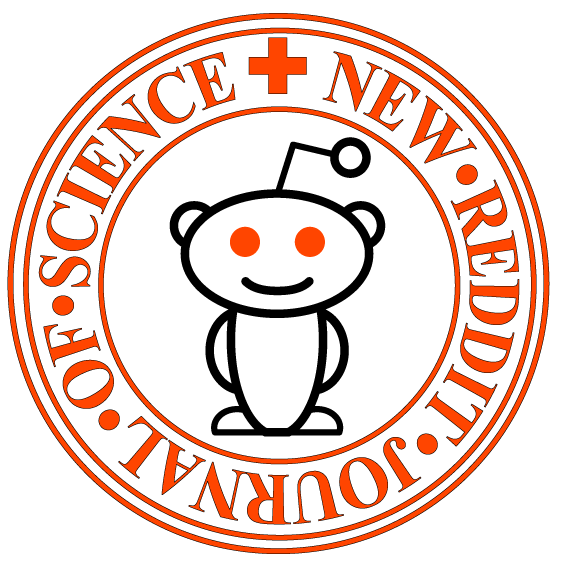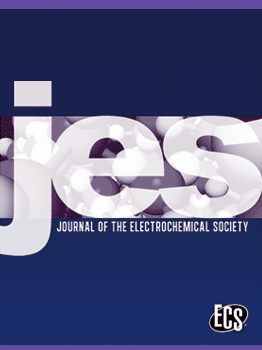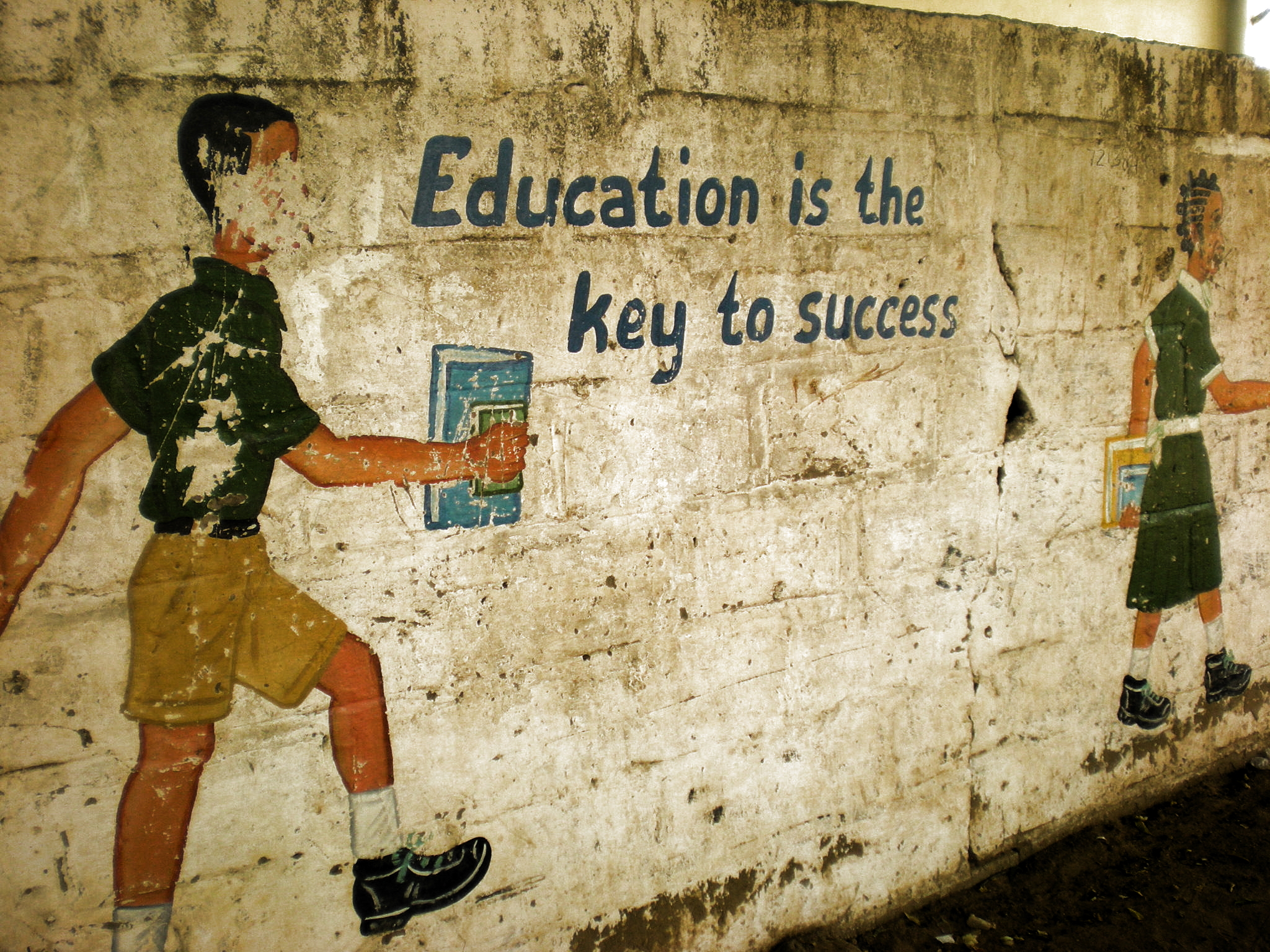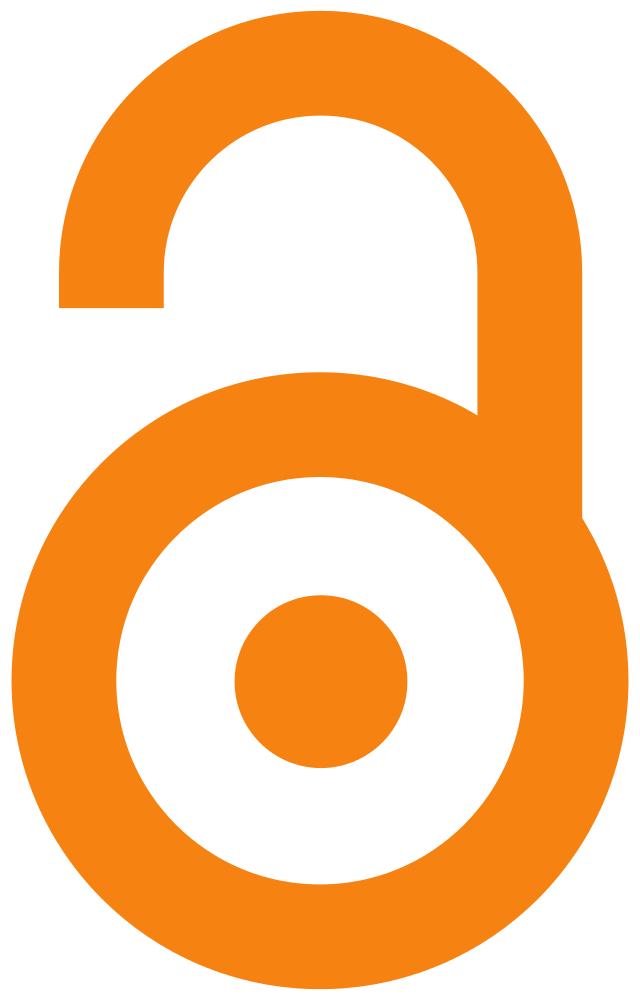By: Elizabeth Gilbert, The Medical University of South Carolina and Katie Corker, Grand Valley State University
 What is “open science”?
What is “open science”?
Open science is a set of practices designed to make scientific processes and results more transparent and accessible to people outside the research team. It includes making complete research materials, data and lab procedures freely available online to anyone. Many scientists are also proponents of open access, a parallel movement involving making research articles available to read without a subscription or access fee.
Why are researchers interested in open science? What problems does it aim to address?
Recent research finds that many published scientific findings might not be reliable. For example, researchers have reported being able to replicate only 40 percent or less of cancer biology results, and a large-scale attempt to replicate 100 recent psychology studies successfully reproduced fewer than half of the original results.
This has come to be called a “reproducibility crisis.” It’s pushed many scientists to look for ways to improve their research practices and increase study reliability. Practicing open science is one way to do so. When scientists share their underlying materials and data, other scientists can more easily evaluate and attempt to replicate them.
Also, open science can help speed scientific discovery. When scientists share their materials and data, others can use and analyze them in new ways, potentially leading to new discoveries. Some journals are specifically dedicated to publishing data sets for reuse (Scientific Data; Journal of Open Psychology Data). A paper in the latter has already been cited 17 times in under three years – nearly all these citations represent new discoveries, sometimes on topics unrelated to the original research.


 ECS Technical Editor Dr. Gerald Frankel, accompanied by ECS’s Executive Director Roque Calvo, hosted our first ever “
ECS Technical Editor Dr. Gerald Frankel, accompanied by ECS’s Executive Director Roque Calvo, hosted our first ever “ Manan is currently pursuing his PhD with Prof. Venkat Subramanian at the University of Washington, Seattle, where he is a Clean Energy Institute Fellow. He is actively involved with the recently formed University of Washington ECS Student Chapter, and serves as the vice-chair for education and outreach. Manan completed his undergraduate degree in Chemical Engineering at IIT Bombay in India. He is also one of the co-founders of a start-up called Battery Informatics where they are trying to commercialize their research on electrochemical and thermal physics model based Battery Management Systems (BMS). More details about the same can be found on
Manan is currently pursuing his PhD with Prof. Venkat Subramanian at the University of Washington, Seattle, where he is a Clean Energy Institute Fellow. He is actively involved with the recently formed University of Washington ECS Student Chapter, and serves as the vice-chair for education and outreach. Manan completed his undergraduate degree in Chemical Engineering at IIT Bombay in India. He is also one of the co-founders of a start-up called Battery Informatics where they are trying to commercialize their research on electrochemical and thermal physics model based Battery Management Systems (BMS). More details about the same can be found on  Scholarly publishing news has been buzzing about 1science’s
Scholarly publishing news has been buzzing about 1science’s  Children struggle to learn when they don’t have science labs and libraries. Learning becomes difficult in classrooms that are falling apart, or where children are expected to sit on the floor because they have neither desks nor chairs.
Children struggle to learn when they don’t have science labs and libraries. Learning becomes difficult in classrooms that are falling apart, or where children are expected to sit on the floor because they have neither desks nor chairs. NASA recently announced that all research funded by the space agency will be accessible to anyone looking to access the data at absolutely no cost.
NASA recently announced that all research funded by the space agency will be accessible to anyone looking to access the data at absolutely no cost.
